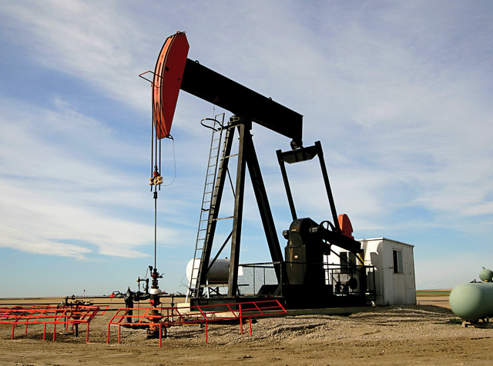
South Sudan’s Petroleum Minister, Ezekiel Lol Gatkuoth, said on Tuesday the country will pay its outstanding oil debt of $1.2 billion to neighboring Sudan as oil output increases with reopening of more oilfields.
The debt emanated from a 2012 deal that ended a dispute between the two countries over oil payments following the South’s independent from Sudan in July 2011.
Under the agreement, Juba agreed to pay $3 billion to Khartoum as compensation for oil reserves Khartoum lost to Juba after independence.
Gatkuoth said South Sudan had paid off nearly $2 billion, but the remainder was delayed after the East-Central African country plunged into civil war in 2013 and oil production was subsequently suspended in the northern parts of the country in 2014.
He said with the recent reopening of the Unity oil fields, the country will use its increased oil proceeds to finish the debt.
“We have paid almost two billion already to Sudan. And this 1 billion that is left, with the production (oil) resuming now, we will clear it,” Gatkuoth told reporters at the sidelines of an event for renewal of oil exploration contracts in Juba.
According to the World Bank, South Sudan is the most oil-dependent nation in the world, with oil accounting for almost the totality of exports and around 60 percent of its gross domestic product (GDP).
But after the young nation descended into civil war in late 2013, oil production declined from 350,000 in 2011 to less than 130,000 barrels per day in 2014 amid soaring inflation.
In June, Juba and Khartoum agreed to jointly repair oil infrastructure damaged during the civil war.
Some of the suspended oilfields reopened early this month and production is expected to peak the 300,000 barrels per day mark next year, Gatkuoth said.
Agency Report